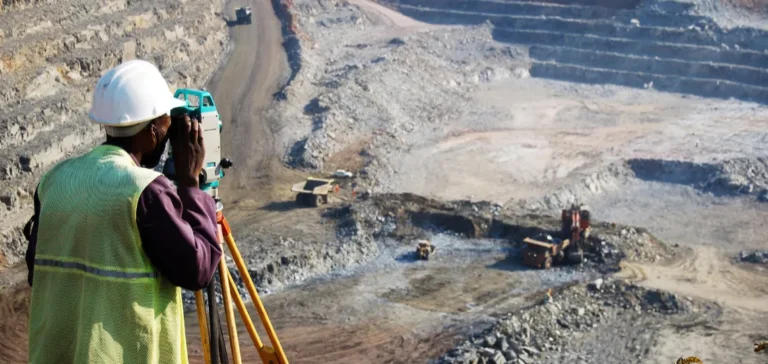Africa holds around 30% of the world’s reserves of minerals essential to low-carbon energy technologies, including lithium, graphite, and cobalt. These materials are key to manufacturing solar panels, batteries, electric vehicles, and equipment for green hydrogen. Against this backdrop, African leaders are seeking to capitalise more effectively on these resources by prioritising local transformation over raw exports.
Towards continental green industrialisation
At the 2025 African Climate Summit in Addis Ababa, several heads of state called for a green industrialisation model based on domestic mineral processing. The summit, focused on renewable energy, e-mobility, and nature-based solutions, highlighted the economic stakes linked to resource value chains. Claver Gatete, Executive Secretary of the United Nations Economic Commission for Africa (UNECA), urged African governments to strengthen investment in local industry and regional cooperation.
According to participants, the objective is to break with historical patterns of exploitation, where raw materials were consistently exported without prior processing, thereby reducing the local value captured.
Regional initiatives for batteries and electric vehicles
In this context, the joint Battery and Electric Vehicle Initiative launched by UNECA and the African Export-Import Bank (Afreximbank) marks a concrete first step. Initiated in the Democratic Republic of Congo (DRC) and Zambia, it involves the development of special economic zones dedicated to battery component manufacturing.
The goal is to support the emergence of an industrial base capable of meeting global demand while generating skilled jobs on the continent. This initiative also aligns with the broader framework of the African Continental Free Trade Area (AfCFTA), which aims to build regional value chains and reduce external dependence.
Towards a common strategy for critical minerals
To sustain this momentum, UNECA is also supporting the creation of the Future African Critical Minerals Alliance. This coalition aims to align national strategies under a shared framework for managing, exploiting, and processing resources. It specifically seeks to ensure that these assets contribute to strengthening the continent’s economic sovereignty rather than creating new forms of dependency.
Growth prospects are supported by projections from the Mo Ibrahim Foundation, which estimates that production of major critical minerals could increase by nearly 500% by 2050. This trend places additional pressure on African governments to establish robust industrial frameworks capable of turning mineral wealth into long-term value.






















